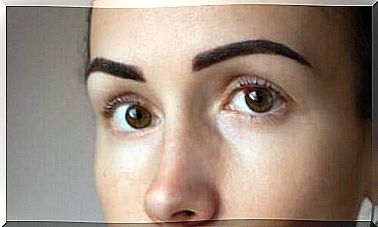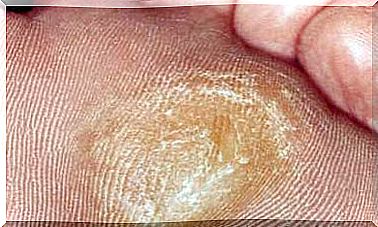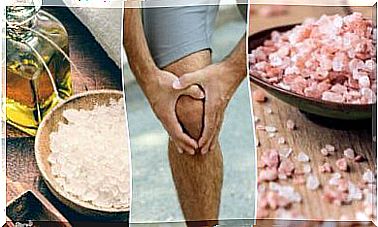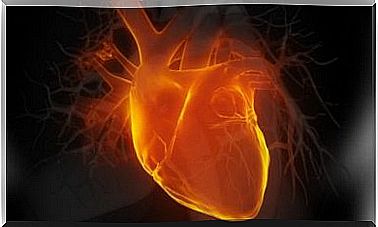Drugs That Cause Drowsiness

Many commonly used drugs cause a variety of side effects that we ignore and which can be very dangerous. Some of these effects are nausea, vomiting or abdominal pain. But drowsiness can also occur, which adversely affects the driver’s ability or the use of heavy machinery. Let’s see what are the drugs that cause drowsiness.
All drugs on the market can cause various side effects, which vary in severity and frequency. With the expression “undesirable effects” we refer to all unwanted and unintended events that occur unexpectedly following the intake of a drug.
In this article, we present some medications that cause daytime sleepiness and therefore interfere with daily activities.
Drugs that cause drowsiness
1. Benzodiazepines and the ability to drive

Benzodiazepines are drugs that act on the central nervous system. They can cause sedative, anticonvulsant and hypnotic effects. Precisely for this reason they are often used in the treatment of anxiety, insomnia and other diseases, such as epilepsy and alcohol withdrawal attacks.
These are the most commonly prescribed psychotropic drugs, especially by general practitioners. 15% of patients taking anxiolytics and 1.6% of all adults between 18 and 79 who have been prescribed benzodiazepines for a few days or weeks then switch to chronic intake – and indefinitely – of these drugs.
Patients who have taken doses in excess of the indicated therapy may suffer from drowsiness, loss of motor coordination and respiratory depression, especially when combined with alcohol consumption.
There may also be a reduction in attention, concentration and motor functions, even respecting the doses provided by the treatment, which greatly limits the ability to drive. On the other hand, benzodiazepines can induce depression, particularly in patients who have already suffered from this mood disorder.
Abrupt discontinuation of these drugs can result in withdrawal syndrome. This manifests itself with anxiety, irritability, tremors and hallucinations. Some patients on long-term, but low-dose benzodiazepine therapy may experience anxiety and insomnia once therapy is stopped. This may be due to lack of the drug or the return of the originally treated symptoms.
2. First generation or classic antihistamines
Unlike other antihistamines, first generation antihistamines are able to cross the blood brain barrier. As a result, this group of antihistamines produces serious side effects such as:
- Drowsiness
- Blurred vision
- Changes in vision
- Hallucinations
Given the effects of these drugs, they are absolutely not recommended if you have to drive.
The effect changes if the patient takes second generation antihistamines, such as ebastine, loratadine or cetirizine. However, even the latter can somehow trigger a series of effects on the central nervous system, so they could interfere, to a lesser extent, with driving skills.
3. Antidepressants

Antidepressants are other drugs that cause drowsiness and, therefore, not recommended for driving. According to research, these drugs improve sleep disturbance in patients suffering from depression and insomnia.
In addition, doctors increasingly prescribe low-dose sedative antidepressants for the treatment of insomnia, encouraged by the positive results, even if the patient is not suffering from depression. It is up to the healthcare professional to warn the patient of possible side effects and necessary precautions when administering drugs.
4. Antiepileptics among drugs that cause drowsiness
Among their side effects of these drugs have drowsiness, s t ato confusion or lightheadedness, loss of memory or concentration.
In addition to these dangerous effects for driving, epilepsy itself can alter the motor and cognitive functions of the subject.
Conclusions: Commonly used drugs that induce drowsiness
IS it is essential to be informed about possible drugs that cause drowsiness. Otherwise, the chances of being involved in accidents increase significantly.
Consult your doctor or pharmacist if in doubt and, above all, never opt for self-medication. If you are already taking benzodiazepines or antidepressants, look for alternatives to driving a vehicle to avoid risks.









